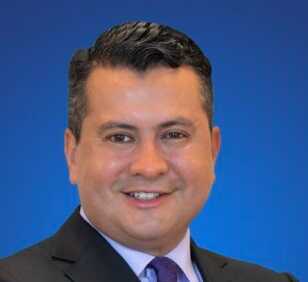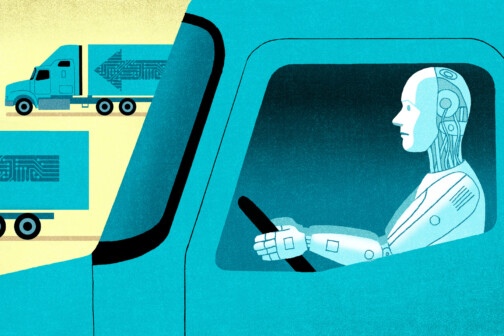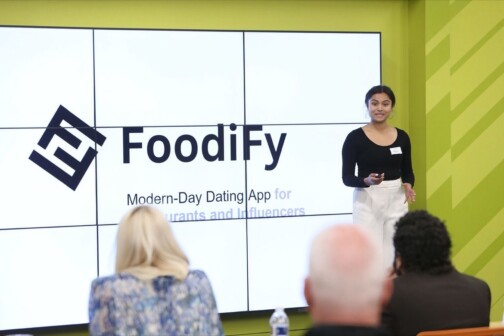Artificial intelligence will radically transform the healthcare industry in the coming years. As AI and machine learning capabilities advance, new emerging applications promise to enhance clinical outcomes, expand access to care, and improve the patient experience.
The cautious integration of these sophisticated AI applications promises to enhance healthcare efficiency, accuracy, and personalization worldwide. Automating routine tasks with intelligent systems allows human expertise and compassion to shine in direct patient care activities. Continued development could yield far-reaching effects like earlier disease detection, reduced error rates, optimized resource allocation, and more cost-effective solutions.

While challenges remain around transparency, data access, and potential human over-reliance on technology, steady progress in AI validation lays the foundation for new standards of evidence-based medicine. Blending clinical wisdom with machine insights will likely define healthcare’s future and establish new frontiers of innovation for improving lives.
Below, we explore six different ways artificial intelligence could transform clinical operations.
Rewriting Medical Language
Large language models allow us to change the vocabulary in discharge instructions to reflect the vocabulary of a young patient, with some companies transforming discharge instructions into a coloring book. At the other end of the spectrum, the models can translate legal and medical language connected to medical lawsuits and legal battles. The lawyer user can upload the legal case, and the doctor can do the same with any medical information. The LLM is used for the medical case, and all the data lives at the lawyer’s server or hospital.
Virtual Nursing Assistants
Virtual assistants utilizing natural language processing are helping to optimize nursing workflows. Chatbots and voice assistants can perform basic triage, review patient records, answer common questions, and schedule appointments. This allows human nurses, nurse practitioners, and physician assistants to focus their expertise on more complex care needs. Pioneers in this area include the Mayo Clinic, which piloted a chatbot that efficiently screened over 25,000 patients for COVID-19 symptoms. As language models advance, virtual nurses may one day take on expanded assessment and guidance roles, especially for common chronic conditions managed in primary care. This could help address nursing shortages and expand access in underserved communities.
Medical Imaging Analysis
AI has proven exceptionally skilled at analyzing complex medical images like X-rays, CTs, MRIs, mammograms, and skin lesion photos. Companies have achieved human-level or even super-human accuracy in detecting anomalies, rare diseases, and cancers. This unlocks radiologists’ time to focus on the most difficult-to-diagnose cases while getting second opinions faster. For general practitioners and urgent care facilities, automated image analysis tools integrated into electronic health records could one day be a frontline diagnostic aid. The FDA has approved nearly 400 AI imaging algorithms, highlighting the technology’s maturity and ability to manage the enormous data from over 3.6 billion radiology exams annually. This enhances the detection of treatable conditions and contributes to improved patient outcomes.
Virtual Clinical Assistants
AI assistants are being developed to augment clinicians during patient visits. These tools can provide real-time diagnostic and treatment suggestions by listening in on exams and referencing up-to-date medical evidence. Others summarize records and prompt providers to address important preventative care gaps like screenings or lifestyle modifications. While access to large, high-quality training datasets remains challenging, assistants promise to reduce cognitive loads on clinicians and aid clinical decision-making. As models are refined, they may help improve guideline compliance and deliver evidence-based best practices.
Predictive Analytics and Outreach
Machine learning offers healthcare organizations an unparalleled perspective on patient risk factors and population trends. These advanced models analyze vast amounts of data from electronic health records (EHRs), claims, and other sources, identifying individuals at high risk for emergent or costly conditions early on. This analytical capability allows for a proactive approach to healthcare, shifting from reactive to predictive care delivery. These insights enable targeted outreach programs, connecting at-risk patients with primary care, counseling, chronic disease management, and other supportive services. This not only improves patient outcomes but also reduces healthcare costs over time. The models’ ability to personalize care plans and predict patient needs further enhances the efficacy of these outreach efforts. By leveraging the predictive power of these AI models, healthcare organizations can more effectively anticipate and meet the needs of their populations, marking a paradigm shift towards a more proactive, efficient, and personalized healthcare system.
Personalized Treatment Matching
By leveraging real-world outcomes data from millions of patient profiles, startups are developing tools to recommend the treatments and care pathways most likely to benefit each unique individual. Rather than one-size-fits-all guidelines, these algorithms incorporate a patient’s values, preferences, lifestyle, genetics, and other factors. Still an emerging area, personalized matching holds promise for complex conditions with many interdependent treatment variables. It gives providers another layer of evidence to consider as they partner with patients on shared medical decisions.
Dr. Harvey Castro is a keynote speaker, GPT advisor, emergency physician, AI in Health expert, former health system CEO, author, and CEO of Medical Intelligence Ops, which is pioneering the use of a large language model in healthcare.






